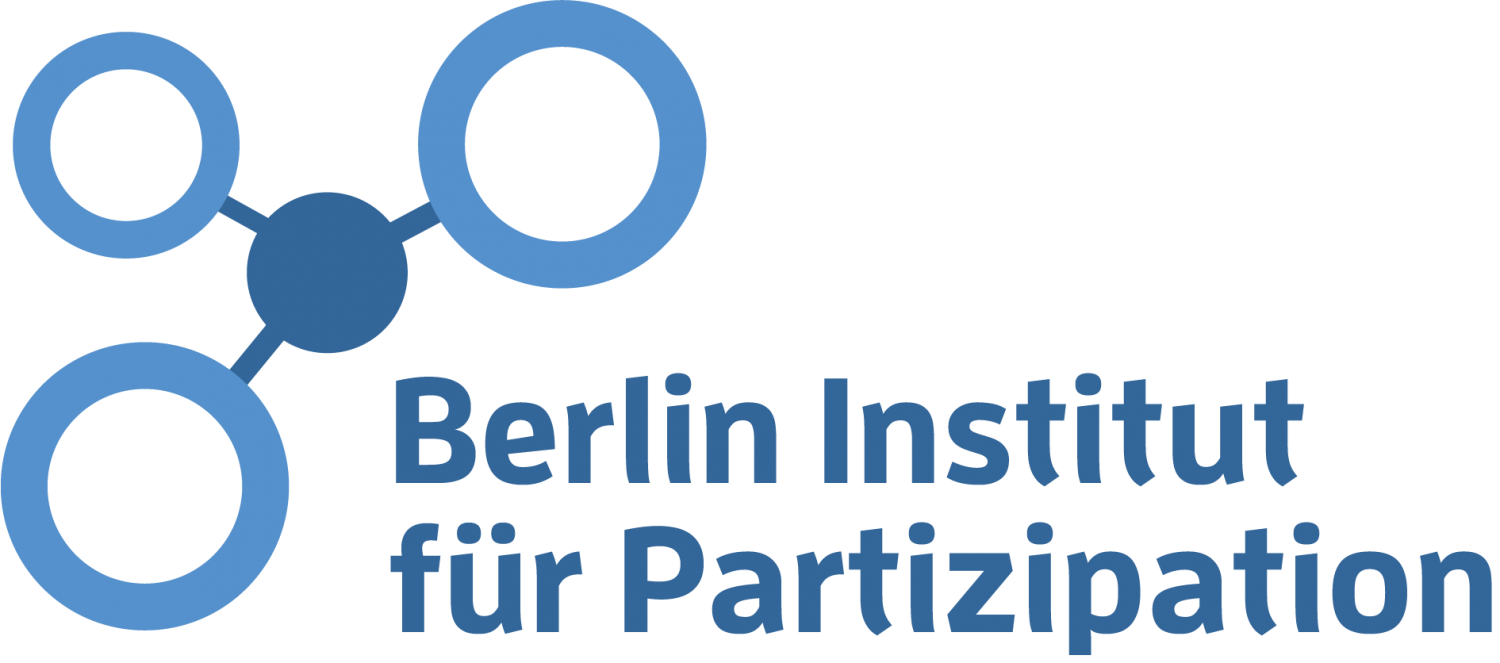„Online-Initiativen retten die Demokratie!“
 Foto: Shutterstock, Archiv
Foto: Shutterstock, Archiv
Der Publizist Christoph Giesa äußert sich auf Deutschlandradio Kultur zum Thema digitale Initiativen und ihre Folgen für die repräsentative Demokratie.
„Die Rolle der Politik verändert sich mit der digitalen Macht der Bürger. Das ist nicht schlecht, aber sicher anspruchsvoll“
„Die Rolle der Politik verändert sich mit der digitalen Macht der Bürger. Das ist nicht schlecht, aber sicher anspruchsvoll“, fasst Giese zusammen. Interessanter und knackiger Beitrag, der diese Herausforderung gut auf den Punkt bringt.
Online-Beteiligung ist zugleich eine Chance, viele Menschen zu erreichen, die zugleich mit ganz eigenen, neuen Gefahren und Schwierigkeiten verbunden ist.
Literaturhinweise
OECD Nuclear Energy Agency: Stepwise Approach to Decision Making for Longterm Radioactive Waste Management Buch
Experience, Paris, 2004.
Direkte Demokratie: Forschung und Perspektiven Sammelband
VS Verlag für Sozialwissenschaften, Wiesbaden, 2003, ISBN: 978-3531138527.
Auswahlverfahren für Endlagerstandorte - Empfehlungen des AkEnd Forschungsbericht
Bundesamt für Strahlenschutz (BfS) 2002.
Massenmedien und lokaler Protest Buch
Westdeutscher Verlag, Opladen, 2002.
Neue Formen politischer Beteiligung Buchabschnitt
In: Ansgar Klein; Ruud Koopmans; Heiko Geiling (Hrsg.): Globalisierung, Partizipation, Protest, S. 255-274, Leske+Budrich, Opladen, 2001, ISBN: 978-3-322-94936-3.
Der kooperative Diskurs. Theoretische Grundlagen, Anforderungen, Möglichkeiten Buchabschnitt
In: Ortwin Renn; Hans Kastenholz; Patrick Schild; Urs Wilhelm (Hrsg.): Abfallpolitik im kooperativen Diskurs. Bürgerbeteiligung bei der Standortsuche für eine Deponie im Kanton Aargau, S. 3-103, vdf, Zürich, 1998.
New Options for Participatory Democracy Buchabschnitt
In: Chiranji Yadav (Hrsg.): Perspectives in Urban Geography, City Planning: Administration and Participation, Concept Publishing Company, New Delhi, 1986.
Theorie des Kommunikativen Handelns Buch
Suhrkamp Verlag, Frankfurt am Main, 1981.
A Ladder of Citizen Partizipation Artikel
In: Journal of the American Planning Association, Bd. 35, Nr. 4, S. 216-224, 1969.
